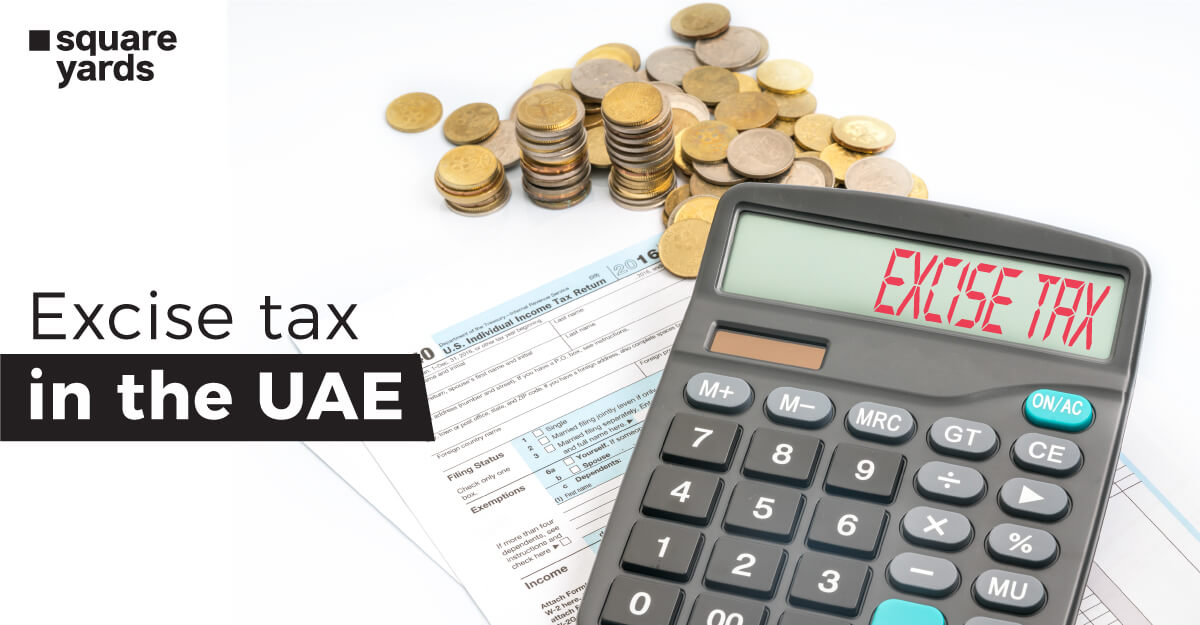The United Arab Emirates (UAE) has recently implemented a new excise tax law. If you are a business owner or a resident of the UAE, you must know how this tax affects you. In this blog post, we will explain all you need to know about the excise tax in UAE, including the different types of taxes, those who are subject to the tax, and the filing requirements. We’ll also discuss the law’s potential benefits and how to comply with the regulations.
This blog covers everything that you must know about the excise tax in UAE!
About Excise Tax in UAE?
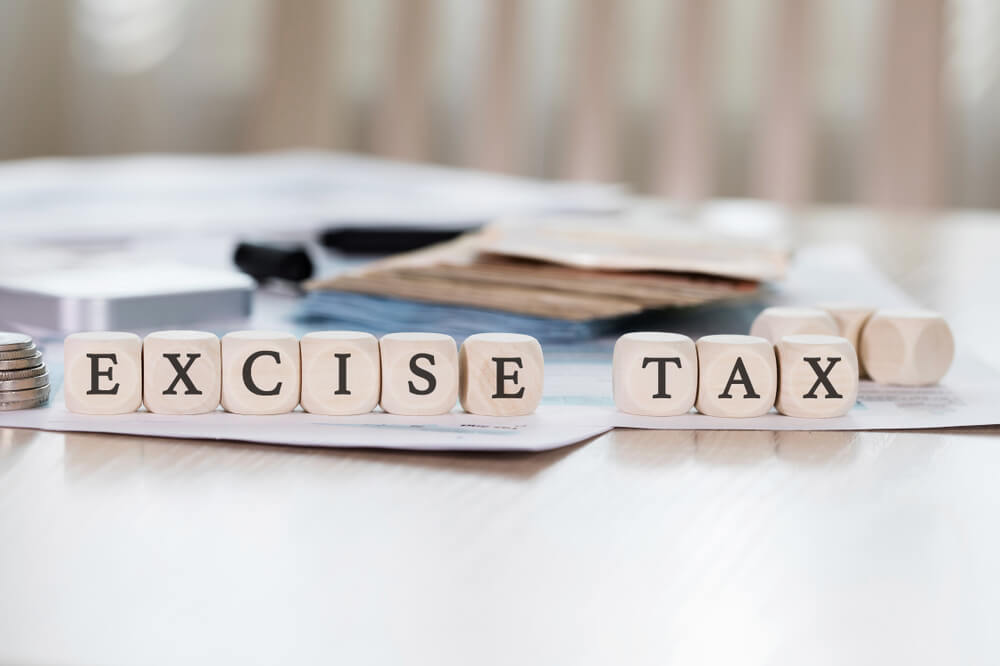
The United Arab Emirates (UAE) recently introduced an excise tax, an indirect taxation imposed on certain goods deemed harmful to society. The excise tax came into effect on 1 October 2017 and applies to energy drinks, tobacco products, and certain electronic smoking devices and liquids. The purpose of the excise tax is to reduce consumption of these products, ultimately helping to create a healthier society and lower health-related costs associated with their use. Additionally, it is expected to generate additional revenues for the UAE government.
All businesses that sell the specified items within the UAE must pay the applicable excise tax rate, which is then passed on to the consumer at higher prices. As such, consumers should expect to pay more for these products once the tax comes into effect.
It is also important to note that businesses are obligated to file taxes related to their excise tax payments with the Federal Tax Authority, also known as (FTA). All companies must obtain an Excise Tax Registration Certificate to do so. Furthermore, any business that fails to comply with the new law may face severe penalties.
Rate of Excise Tax in UAE
The rate of excise tax varies depending on the product, with the rate for tobacco products being 100%, carbonated drinks being 50%, and electronic smoking devices and liquids being 100%.
According to the Cabinet Decision No. 52 of 2019 on Excise Goods, Excise Tax Rates, and Methods of Calculating Excise Price, the following rates apply:
| Item Name | Excise Tax Percentage |
| Carbonated Drinks | 50% |
| Tobacco Products | 100% |
| Energy Drinks | 100% |
| Electronic Smoking Devices | 100% |
| Liquids used in E-cigs and other devices | 100% |
| Any product with added sugar or sweetener | 50% |
Purpose of Levying Excise Tax in UAE
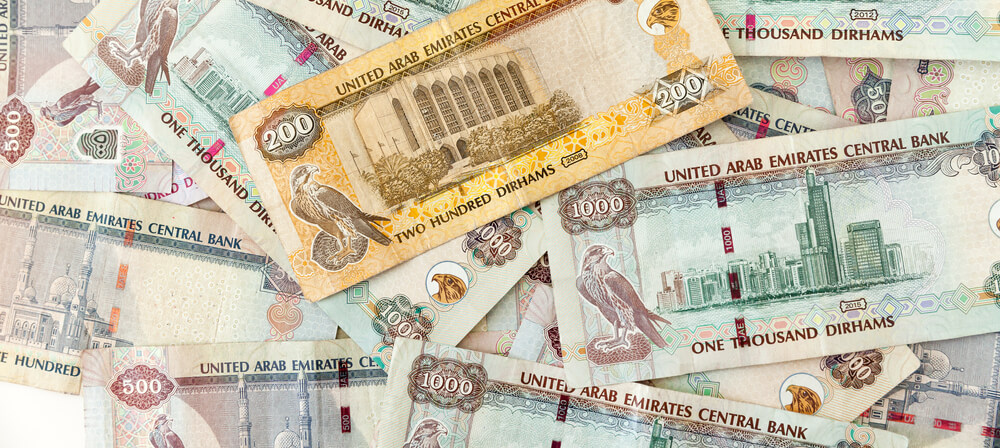
The United Arab Emirates has implemented the Excise Tax to ensure that the government can collect revenue from certain products, such as tobacco and energy drinks. The purpose of levying the tax is to reduce the consumption of unhealthy items and support economic growth and public finances.
The excise tax applies to certain goods in the UAE, including tobacco products, carbonated drinks, and energy drinks. It works by increasing the cost of these items so that consumers are less likely to purchase them. In some cases, the tax may even be doubled. This creates a disincentive for people to buy these items and helps to promote healthier lifestyles.
The UAE government has also imposed a 20% tax on the import of certain goods, including tobacco and carbonated drinks. This serves as an additional measure to reduce these items’ consumption and help generate government revenue.
The UAE is dedicated to promoting health and wellness among its citizens. It is expected that with the implementation of the excise tax, people will be encouraged to make better lifestyle choices and move away from unhealthy items. In addition, it provides an important source of revenue for the government, allowing it to fund various public services and infrastructure.
The Goods Levied Under The UAE Excise Tax Law
Any product considered dangerous to your environment or health will be subject to excise tax in the UAE. Excise goods in UAE include the following:
-
- Sweetened or sugary beverages
- Any concentration, gel, powder, or extract that can be used to make an energy drink
- Any carbonated beverages, gels, powders, or substances used to make an aerated beverage.
- Cigarettes
- Smoking devices made from electronic components, such as e-cigarettes
- Nicotine and tobacco-free e-liquids added to electronic smoking devices
Products Exempt From the Excise Tax in the UAE
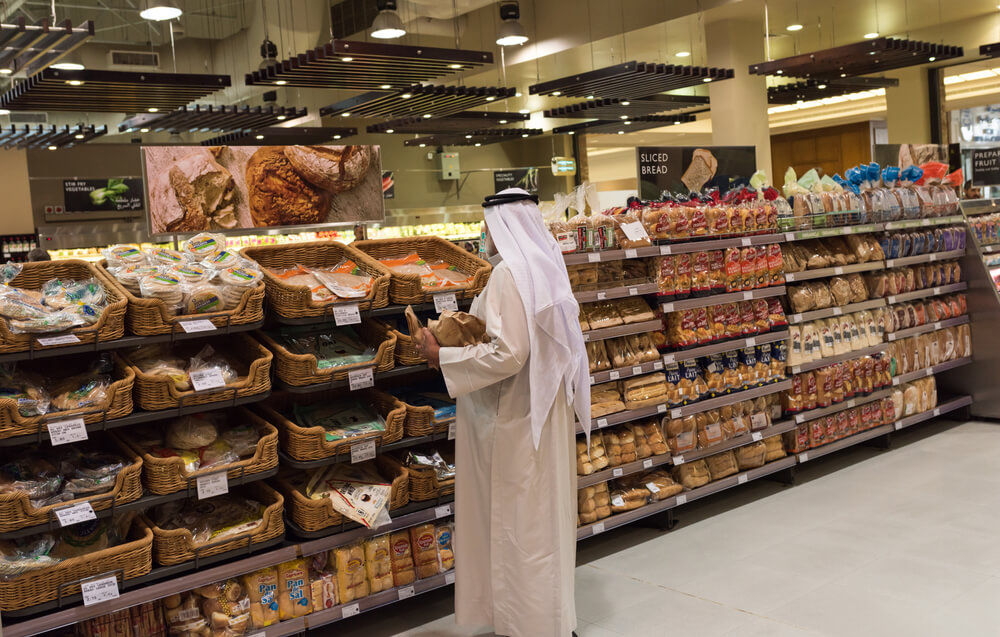
The Excise Tax is only applied to certain items such as tobacco, cigarettes, carbonated drinks, etc. However, there is a list of things that are excise tax-free. The following beverages will not be subject to the new tax:
-
- Bottles of milk, milk substitutes or any other ready-to-drink milk beverage containing at least 75% of milk.
- Formula, baby food or both.
- The guidelines listed in Standard 654 of the GCC – General Requirements for Pre-packaged Foods for Special Dietary Use as outlined in Section General Requirements for Pre-packaged Foods for Special Dietary Use of the GCC
- Beverages consumed for medical purposes, according to GCC Standard 1366
- Standardisation Organisation under the heading ‘General Requirements for Handling of Foods for Special Medical Purposes’.
Excise Tax Levied For Businesses
The enactment of the new UAE excise tax will impact businesses. The excise items must be registered in the new system as part of the FTA implementation process. You’ll need to update the registration information for businesses already registered for UAE’s excise tax.
As part of the newly enrolled system of UAE for registering excise tax, the FTA will roll out two phases: 1st phase will register sweetened drinks, while the 2nd phase will register e-cigs, smoking devices and liquids.
How Can You Register For Excise Tax?
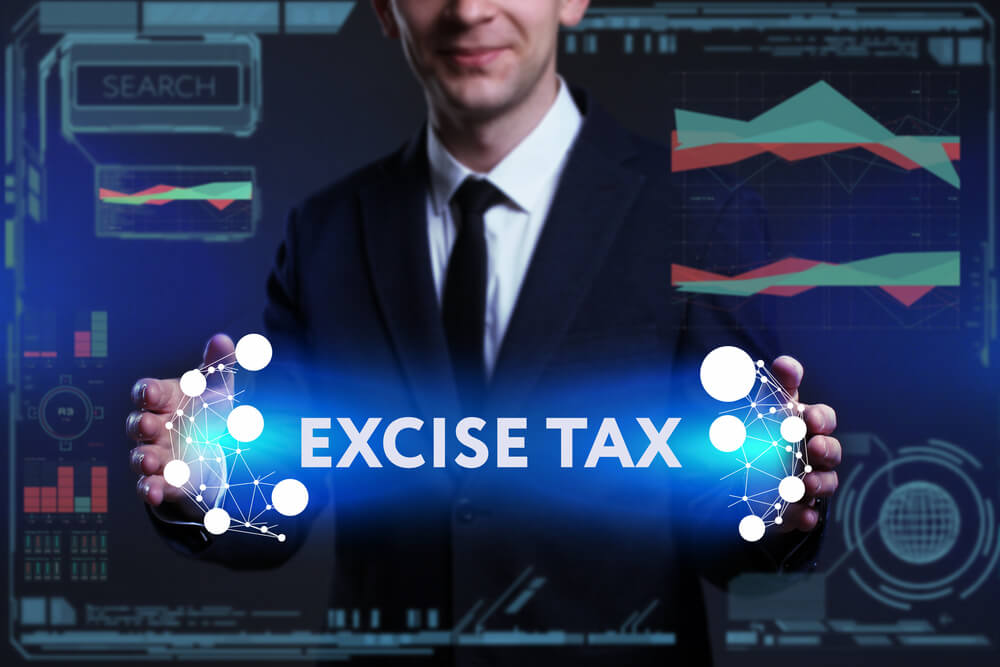
If businesses want to register for UAE excise taxes, they need to sign up for an account with the online services on the website of the FTA. Please get in touch with the Federal Tax Authority (FTA) through the enquiry form, email info@tax.gov.ae, or call 600 599 994 or 04-7775777 if you have general inquiries about tax registration and application.
Since the excise tax has no registration limit, any corporation intending to participate in any of the above activities must register before 1 October 2017 and account for it.
Conclusion
The introduction of an excise tax in the UAE is an important step towards creating a healthier society and generating additional revenue for the government. While consumers will have to pay more for certain products due to this tax, it is important to recognise that its purpose is to promote a healthier lifestyle and discourage the consumption of certain products deemed to be harmful.
The excise tax in the UAE is a good step forward, but people might have several queries before it is implemented successfully. Businesses and individuals should take the time to research all of their options before committing to anything, as the implications of this new tax could significantly impact their finances.
More Useful Articles For You :
| All About Tax System in UAE | Tax System in UAE |
| Guide To Excise Tax Return in UAE | Excise Tax Return in UAE |
| Understand The UAE Banking System | UAE Banking System |
| About New Bounced Cheque Law in UAE | New Bounced Cheque Law in UAE |
Frequently Asked Question (FAQs)
Businesses in the UAE are responsible for registering if they release excise goods, import them, produce them, or store them.
Excise taxes help government agencies offset public services and infrastructure costs. They also provide extra income from which other investments can be made.
It was implemented on 1 October 2017.
The producer pays the excise tax when he sells his goods to retailers or distributors in the UAE. The retailer then adds excise tax to the price at which he sells the goods to consumers.
Excise tax is a form of indirect tax charged on specific products like tobacco, energy drinks, and alcohol, as well as certain types of electronics such as mobile phones and laptops.
Municipal or state-level governments collect excise taxes based on how much revenue they want from these products. These taxes are placed on the final retail price, with all previous prices including cost-plus markup and wholesale prices.
In general, excise tax depends on three factors: the type of product being sold (i.e., cigarettes versus bread), the quantity produced (i.e., high volume versus low volume), and the period under consideration (i.e., one year versus five years). Who should register for excise tax in the UAE
What is the importance of excise tax?
When did UAE implement excise tax?
Who will pay excise taxes?
What is excise tax in simple words?
How does excise tax work?
What does excise tax depend on?

